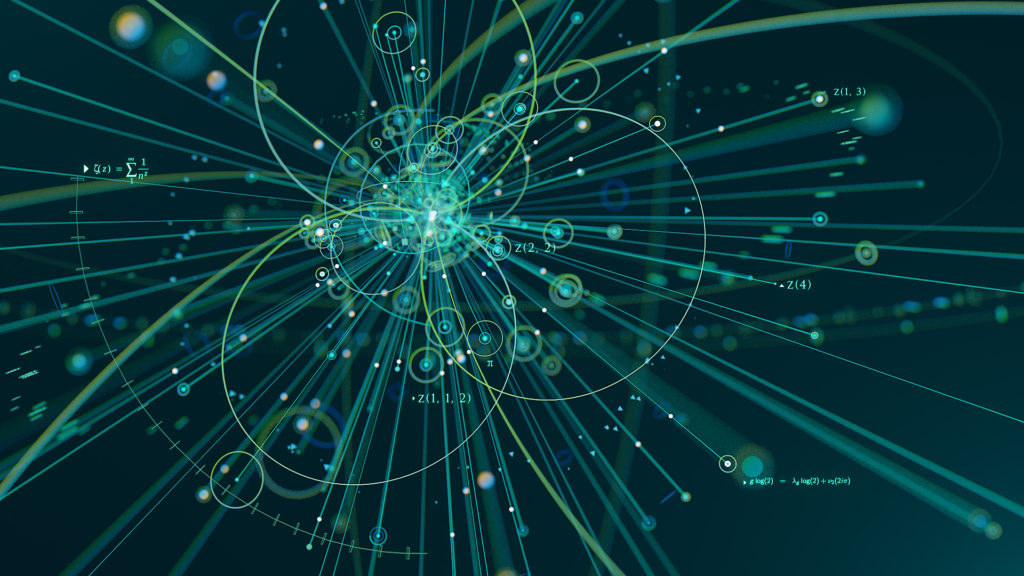Social science has an image problem—too many findings don’t hold up. A new project will crank through 30,000 studies to try to identify red flags.



The six newly shortlisted initiatives include: a project that would explore how AI can enhance human capabilities; one to hasten clinical availability of cell and gene therapies; a personalized-medicine initiative; two projects that aim to make solar energy more efficient; and a humanities project called the Time Machine, which seeks to develop methods for enabling digital search of historical records in European cities.
AI enhancement and a virtual time machine are included in the shortlist of pitches.
Forget about 3D printing, the future is 4D printing creates shapes that can assemble themselves into predetermined 3D structures. The structures are made of plastic and smart memory materials that morph into different shapes. Discover more about this amazing technology in A Week in Science by RiAus.



It is a few years since I posted here on Lifeboat Foundation blogs, but with the news breaking recently of CERN’s plans to build the FCC [1], a new high energy collider to dwarf the groundbreaking engineering triumph that is the LHC, I feel obliged to write a few words.
The goal of the FCC is to greatly push the energy and intensity frontiers of particle colliders, with the aim of reaching collision energies of 100 TeV, in the search for new physics [2]. Below linked is a technical note I wrote & distributed last year on 100 TeV collisions (at the time referencing the proposed China supercollider [3][4]), highlighting the weakness of the White Dwarf safety argument at these energy levels, and a call for a more detailed study of the Neutron star safety argument, if to be relied on as a solitary astrophysical assurance. The argument applies equally to the FCC of course:
The Next Great Supercollider — Beyond the LHC : https://environmental-safety.webs.com/TechnicalNote-EnvSA03.pdf
The LSAG, and others including myself, have already written on the topic of astrophysical assurances at length before. The impact of CR on Neutron stars is the most compelling of those assurances with respect to new higher energy colliders (other analogies such as White Dwarf capture based assurances don’t hold up quite as well at higher energy levels). CERN will undoubtedly publish a new paper on such astrophysical assurances as part of the FCC development process, though would one anticipate it sooner rather than later, to lay to rest concerns of outsider-debate incubating to a larger audience?



The formal handover of the Chinese payload to NanoRacks at the Space Life Sciences Lab in Cape Canaveral, Florida. Photo credit: NanoRacks.
Small effort, big gains
Clearly, a lot of progress has been made toward making the space lab more analogous to the Earth lab in the past few years, and NanoRacks has played no small part in those improvements. Despite the challenges that still remain for microgravity research, some truly significant work has been accomplished. With just a little more investment, Carruthers believes, much larger gains can be made.